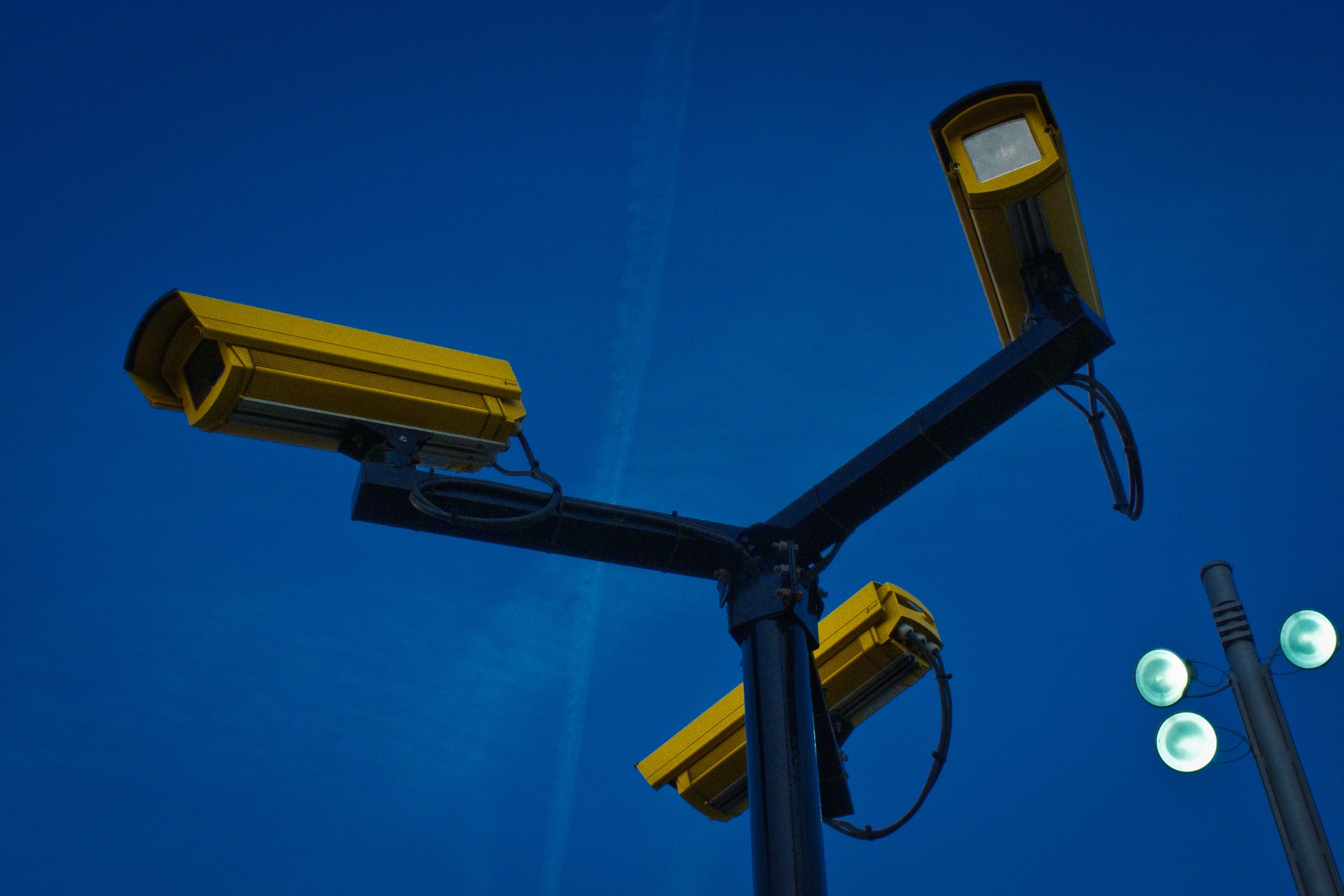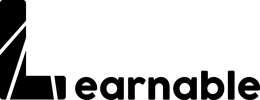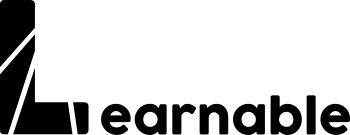
Students online surveillance
Do you want to control your students? Do you think it is our role as educators? This is a very deep question linked to the meaning of education. Do we want to educate or teach?
According to UNESCO, at the end of April 2020, educational institutions shut down in 186 countries, affecting approximately 74% of total enrolled learners on the planet. COVID-19 pandemic forced schools to a quick transition to remote learning.
Many schools and especially US universities have increasingly used exam proctoring software to catch supposed cheaters. According to an Educause poll, 54 percent of higher education institutions are using online or remote proctoring services, while another 23 percent are considering or planning to use them. These systems offer different types of online proctoring such as:
- passive monitoring of software on students’ computer
- active restriction of software on students’ computer
- passive video surveillance of students
- active video surveillance of students
Softwares like ProctorU or Respondus must be installed on the students’ personal devices to monitor students while they take tests through biometric and environmental data such as:
- facial detection
- eye tracking (looking off screen consistently)
- head movement, mouse clicks, and scrolling rates that can be “anomalies” in metrics exhibiting behavior that differs from the class norm.
- lighting changes in the room
- unusual noises in the room
In combination with these programs schools or instructors often require students to do other actions such as 360-degree webcam scans of the rooms or hold hand mirrors up to their webcams prior to beginning a test to ensure they hadn’t written anything on the webcam and others.
This type of surveillance has become the new norm for tens of thousands of students around the world, who are forced to study remotely as a result of the COVID-19 pandemic.
You can see the exam guidelines provided by Wilfrid Laurier University (Canada) to their students.
Around this topic there is a heated debate between movements, raising the alarm about the dangers of invasive proctoring apps and proctoring companies and schools.
On the one hand...
Proctoring companies offer their services with the aim of reducing students cheating in online exams. They assume that the switch to remote learning provides new opportunities and motivations to cheat during tests and examinations.
Some studies highlighted the relevant percentage of students admitted to cheating on a test (64%) or participated in some form of cheating (95%). Schools are afraid this percentage will increase during unmonitored online tests, making cheating more common than it already is.
….On the other hand
Students are pushing school administrators and teachers to consider the risks of these apps through petitions across the globe.
Obviously privacy is a big concern. Students are watched and listened to in their homes while they take a test. Furthermore somebody may feel shame or discomfort about showing their living conditions to a stranger.
These apps increase anxiety to events which already are stressful for students. This can even affect their results.
Furthermore students with disabilities or other groups who already face barriers in education can have some problems.
Is this a normal transition and we have to get use of it or there is something affecting the students’ rights?
We think it is something that has to do with assessment methodologies in general. Schools, as usual, have simply substituted tools for a methodology change. To the sudden change of the situation due to the Covid-crisis they responded trying to control students instead of trusting them, using new tools (proctoring apps) with old methodologies (standard assessment).
On the contrary we should promote a radical change of the assessment methodologies based on students ownership and real acquisition of knowledge.

